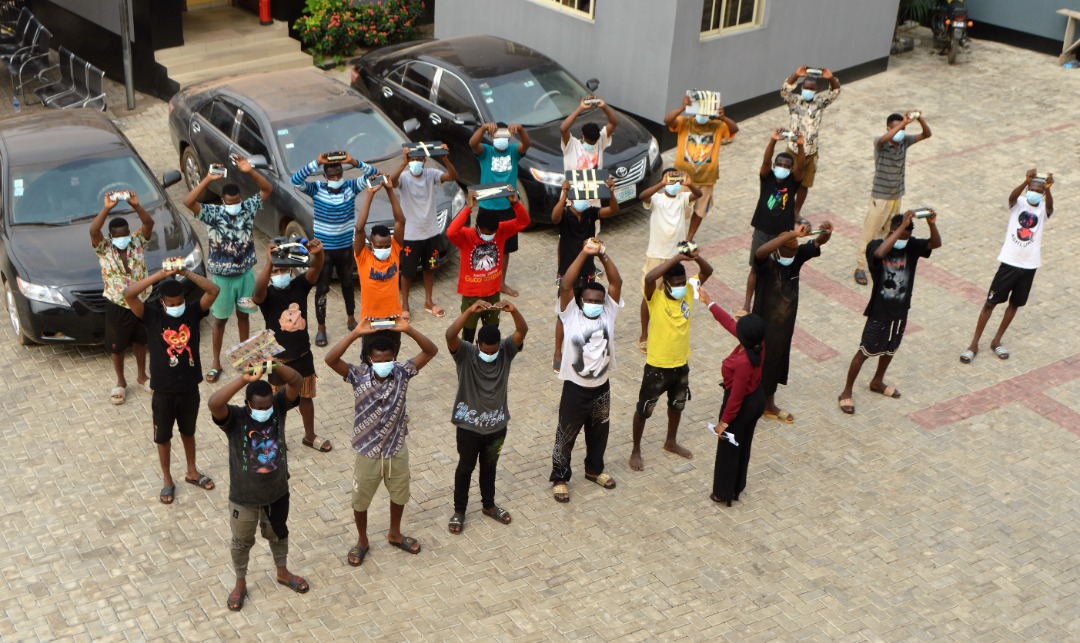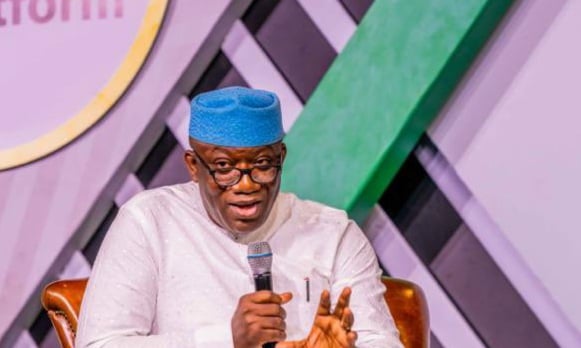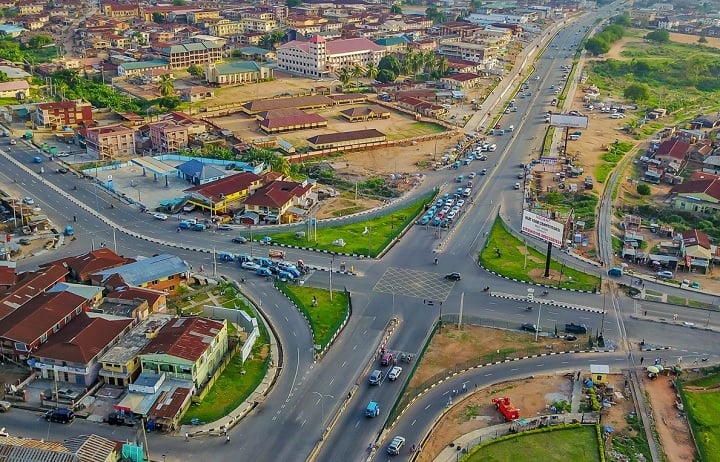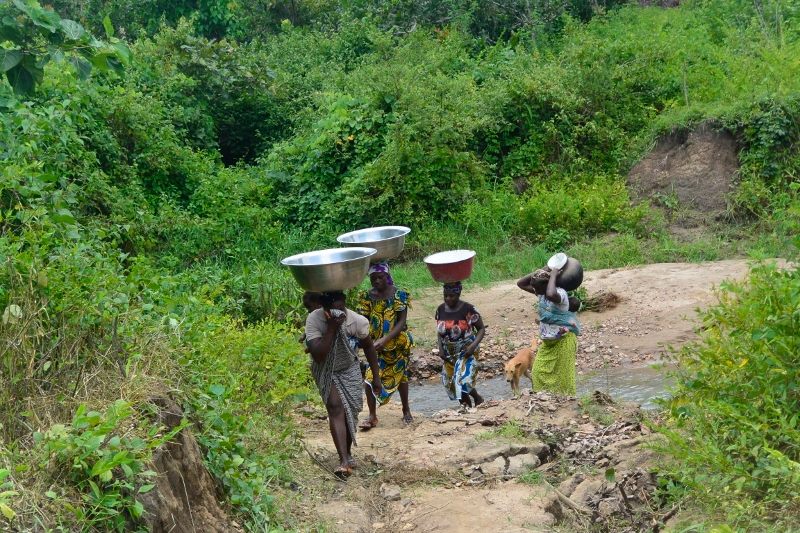BY MUKHTAR YA’U MADOBI
The spate of insecurity and threat to the lives and properties of people in Nigeria has obviously reached an alarming stage. This is in spite of the increasing visibility and combat operations of the Nigerian military and other security agencies in the management of internal conflicts.
These worrisome developments have apparently necessitated the public to question government’s commitment and strategies employed toward ending the protracted insecurity crisis. Many stakeholders and security experts posited ‘soft or non-kinetic approach’ as a plausible mechanism that can be adopted in solving security challenges currently bedeviling the country.
However, in adopting this strategy, the role of traditional and religious institutions in conflict management, resolution, and prevention as well as maintenance of peace and security can never be downplayed.
Advertisement
Sequel to that, the new compendium of Nigeria’s National Security Strategy (NNSS) 2019, a document released by the office of the national security adviser (ONSA), retired general Babagana Monguno, has equally captured the significance of these famous institutions in security management.
According to the document, “their roles are critical to national cohesion and stability as they act to preserve our cultures, traditions, values, morals and beliefs. They serve as first line vanguards in handling communal conflicts and crises, thereby advancing peaceful coexistence amongst our diverse citizenry”.
Recently, the commander, operation Safe Haven (OPSH), major-general Ibrahim Ali, engaged religious and traditional leaders of southern Kaduna to discuss ways on how to facilitate peace and prevent further security challenges in the area.
Advertisement
The traditional leaders agreed to continue to cooperate with the military and other security agencies for the restoration of peace in their communities. In addition, they equally urged their subjects to cooperate with security agencies by exposing criminals and giving useful information that may lead to their unmasking and subsequent arrest.
The previous administration through the ONSA was famous for its ‘soft approach’ toward counter-terrorism war in north-eastern Nigeria and militancy in Niger Delta. The method of implementation to this approach is vertical — involving three tiers of government, federal, state and local, and horizontal — involving civil society, academics, traditional, religious and community leaders. Special considerations were given to the areas of job creation, poverty alleviation and economic development, among others.
In recognising the role of religious leaders, the NNSS stated that: “Government will continue to pursue and promote religious harmony and tolerance through mechanisms and initiatives such as religious institutions, associations and interfaith dialogues to enhance national unity and integration. Thus, Nigeria will ensure effective coordination of the activities of religious institutions to strengthen societal values and curb moral decadence, drug and substance abuse and violent extremism.”
Traditional institutions are critical to national cohesion and stability. They play pivotal roles in the preservation of our cultures, traditions, values, morals, and beliefs. They serve as first-line vanguards in handling communal conflicts and crises, thereby advancing peaceful coexistence amongst our diverse citizenry.
Advertisement
Their words are laws to the people and their advice and opinions on issues are respected and accepted as a basis for obedience.
For example, in the western region, traditional rulers mediated in the case of Ile-Ife and Modakeke land crisis in which the Ooni of Ife led the Yoruba chiefs and other traditional rulers to intervene in the crisis. The traditional rulers have continually intervened in the Niger Delta crisis, trying to find a permanent solution to the militancy which continues to disrupt the nation’s economic activities, especially in the oil and gas sector.
Similarly, in the northern part of Nigeria, the traditional rulers have been doing their best in the resolution of the Boko Haram insurgency that led to the destruction of more lives and properties than any other crisis in the region. They also intervene in ensuring peace by settling disputes among farmers and herders, among others.
Lately, with the upsurge in killings and other criminalities in the eastern part of the country, the house of representatives has urged the NSA and other security agencies to deploy all necessary machinery to Anambra to end the wanton killings and the menace of insecurity in the state. This is necessary, especially with the approach of the state’s gubernatorial poll scheduled for November.
Advertisement
In achieving this mandate, engagement of traditional and religious rulers in the area will be a promising approach to begin with. The outlawed members of the Indigenous People of Biafra (IPOB), who are wreaking havoc in their own society, can be engaged to discuss their grievances with the government. Meanwhile, alternative measures should be outlined towards addressing such issues in order to end the terror reign in the area.
Nevertheless, for traditional rulers to participate meaningfully on matters of security in the country, the government ought to reposition them to their previously assigned constitutional roles, so as not to just serve as agents of conflict resolution, but also as security managers which they were during the colonial era.
Advertisement
With the ever-increasing security challenges facing every part of the country today, it is apt that the integration of traditional rulers and religious leaders into a security network that will provide necessary stability is quite desirable.
Mukhtar Ya’u Madobi contributed this piece from Kano via [email protected]
Advertisement
Views expressed by contributors are strictly personal and not of TheCable.
Add a comment






